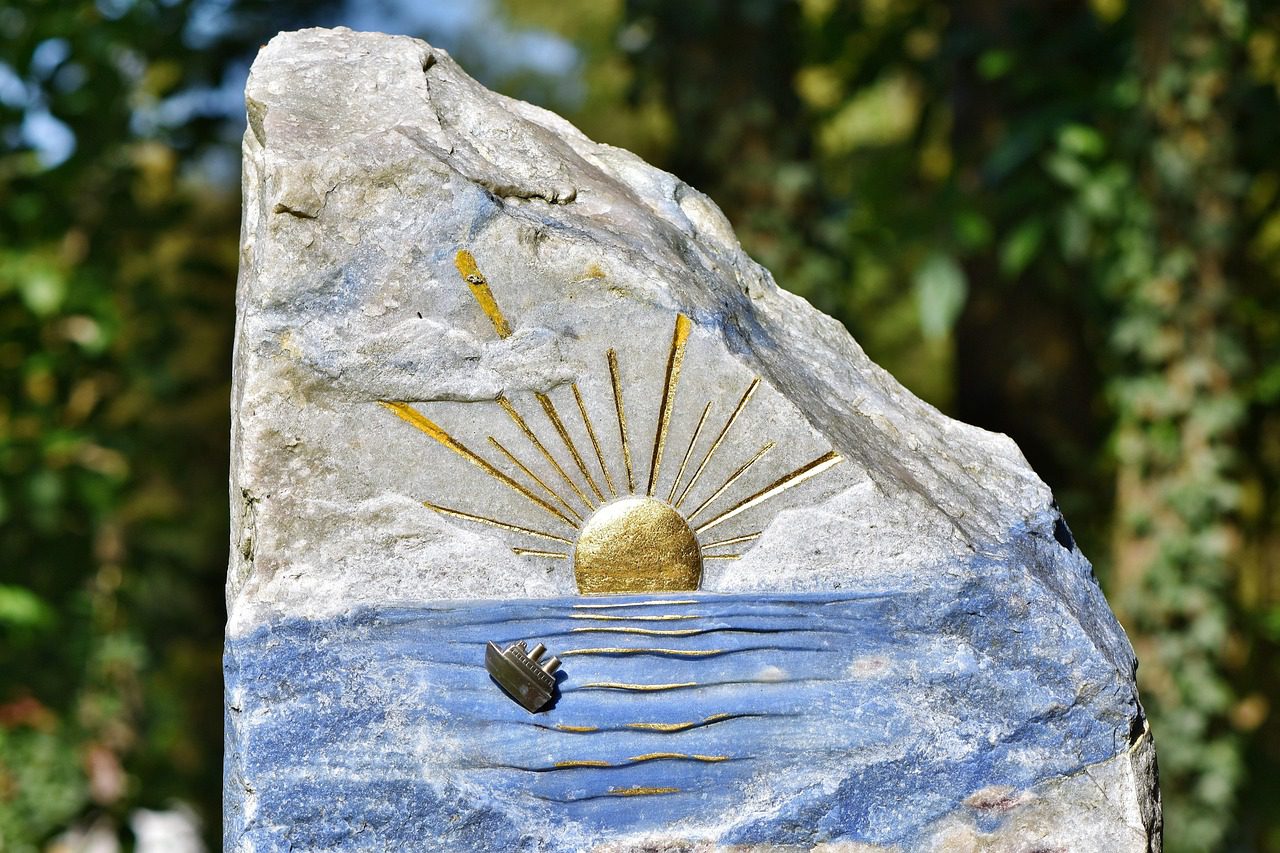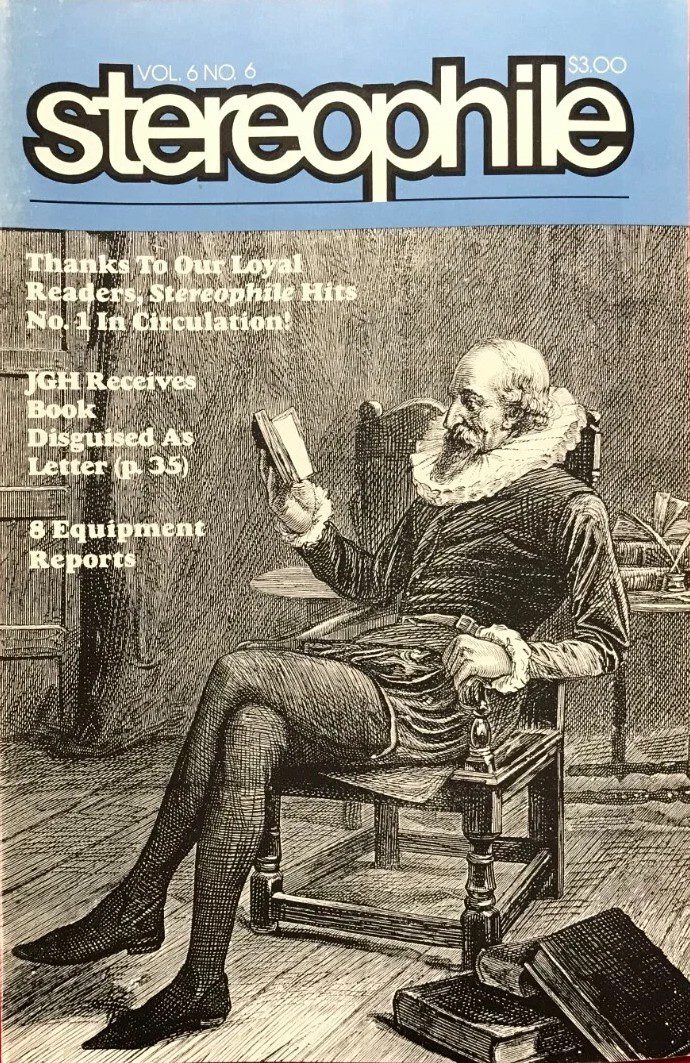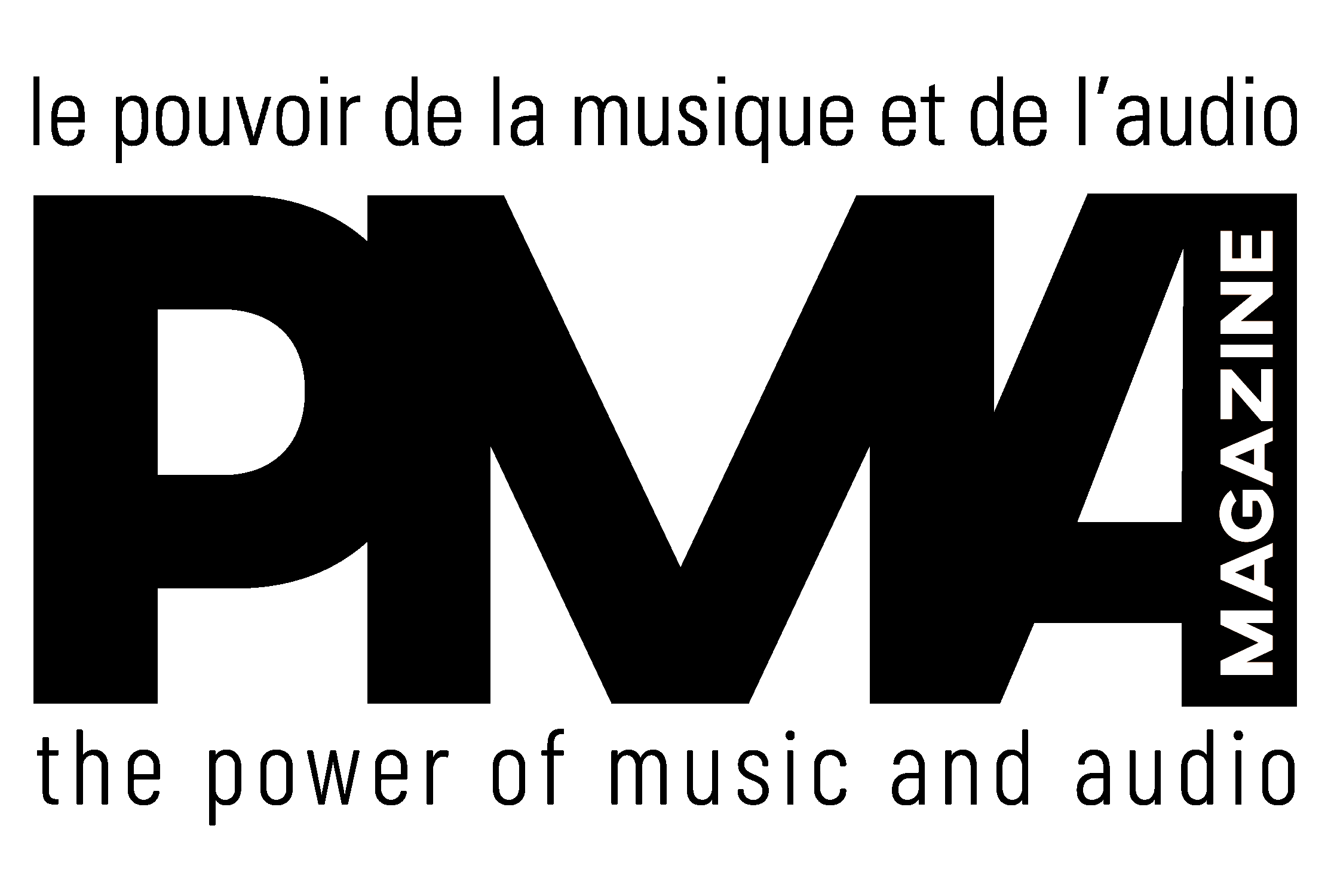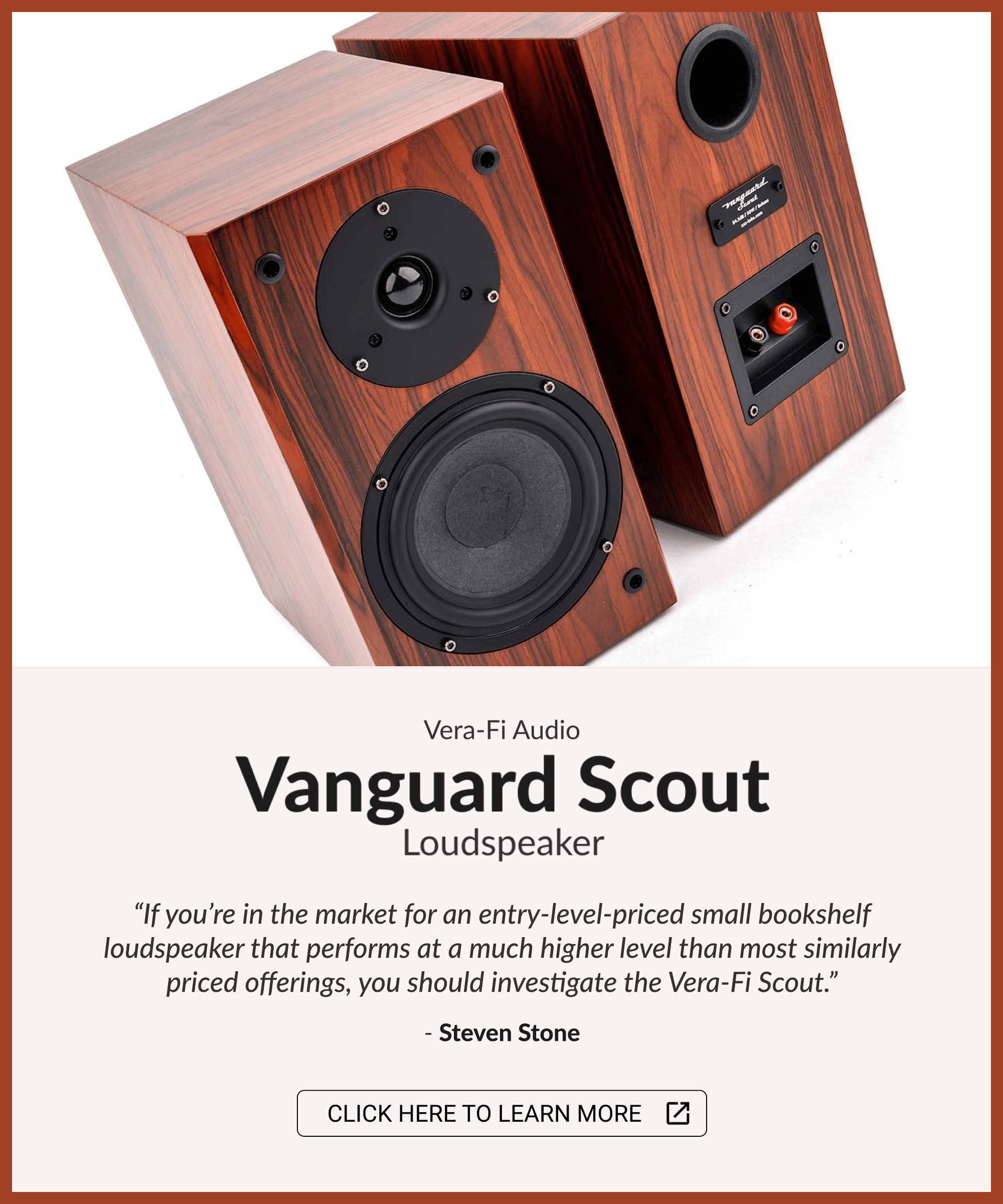
It’s an oft-repeated refrain: “Audiophiles are all old people. If the hobby can’t draw young people soon, it’s going to die.”
Other remarks often cited as evidence of the hobby’s slide into irrelevance include: “Prices for audio gear are through the roof” and “It’s just a hobby for gullible people.”
How true are these statements? Or, are they taken out of context? As someone who has been an audiophile for over 30 years, I want to share my honest opinion about the state of the hobby today, as I see it.

First, some background: the audiophile hobby took off in earnest during the ’70s and ’80s. That’s when audio shows and audiophile recordings were a thing, magazines like Stereophile and The Absolute Sound were gospel, and aficionados discovered an unprecedented wave of cool gear from the likes of Totem, Revolver, Musical Fidelity, Shure, and Acoustic Research—equipment that could extract musical magic from recordings in a way mainstream audio couldn’t.
This was a time when owning a system was still something people aspired to, social media didn’t yet exist, and the CD player had just been released. Not everyone who listened to music or owned a system became an audiophile, of course. But some, enchanted by the experience of hearing their favourite recordings through specialized gear, did.
Unsurprisingly, this specialized equipment tended to cost more than the mass-market alternatives sold in box stores. But for those who cared, the premium was worth it.
Which brings me to one of the common gripes laid against the hobby: the high cost of today’s audiophile gear. It’s normal, of course, in every sphere of goods to pay more for better quality—watches, wine, furniture, food, bicycles, you name it. Audio is no different, especially when the gear is handmade, employs premium parts, is the product of a master designer, or is built in a country with higher costs of living.
That said, I agree that prices for some products, to paraphrase Star Trek, have gone where no prices have gone before. But there’s a reason for this, and it has less to do with the audiophile hobby itself than with today’s market. For many companies, it’s financially safer to produce a handful of products aimed at the wealthy—who may or may not be audiophiles—than to chase volume sales at razor-thin profit margins.
Another accusation leveled at audiophiles is that they’re too easily swayed by dubious manufacturer claims about a product’s performance or technology. My response is that the hobby, by its very nature, is driven by hope—the hope of finding better sound. For an audiophile, that doesn’t necessarily correlate with better measurements. Tube equipment, for instance, measures poorly by most standards, yet it’s revered for its reproduction of tone, texture, and instrumental body—qualities many believe bring an organic vitality to music and encourage long, focused listening.
If you value lab measurements over the listening experience when assessing gear, you may be an audio enthusiast—just not an audiophile, as the latter is rooted in the subjective experience of listening.

Does this occasionally make an audiophile gullible or prone to unrealistic expectations? Probably. No audiophile auditions a new component hoping it’ll sound worse. As seekers of the best sound, audiophiles are idealists. The hobby isn’t a scientific pursuit—at least not from the consumer’s side. Just as you don’t need to be a painter to enjoy Salvador Dali or a chef to enjoy fine cuisine, you don’t need to be an electronics engineer to enjoy high-quality sound. You simply need to care about it.
That said, a measure of objectivism has crept into the hobby—and for the better. After years of being told by manufacturers why their product is superior or how innovative it is, audiophiles have grown more skeptical, more curious about design choices, and more interested in how things actually work. Today’s audiophiles are, in general, better informed about product design than ever before.
Does the audiophile hobby seem to consist mainly of people of a certain age? Yes—for two reasons I can see: First, it takes a slowing of pace and a recalibration of one’s attention span to be able to sit still in front of a system and do nothing but listen intently to music—no easy feat in today’s overstimulated, multitasking environment.
Second, young people interested in audio don’t necessarily want to be associated with their father’s old-school hobby. Filled with a vital generational sense of purpose, young people want to be their own thing—their own movement—and to eventually establish their own legacy. The opposite of doing all that is irrelevance.
So instead, they reside in the second stage of an audiophile’s evolution—between the initial musically awakening one and the audiophile one. This is the playing-with-gear phase, where people discover a range of versatile, good-sounding, well-measuring gear priced for the everyday worker and often originating from Asian countries. Sound quality becomes a consideration, if not yet a way of life.
And this stage is a growing, fertile breeding ground for audiophiles. The Internet, to an unprecedented degree, is teeming with audio-related videos, threads, reviews, forums, with young-ish people, gauging by the media content, enthusiastically engaged not only in talking about audio, but about sound quality.
Not everyone in this second stage will self-identify as an audiophile. But those who value the listening experience over measurements, feature counts, or low prices are the ones most likely to progress into the audiophile stage.

The signs are there: plenty of audio shows, longer-living enthusiasts, and vibrant gear-curious communities, including, by my last count, nearly twenty Facebook groups dedicated to hi-fi, some with tens of thousands of members worldwide. Even the trolls who crash audiophile forums are proof of the hobby’s continued vitality—and evidence that the audiophile hobby wasn’t just incredibly influential but is still relevant.
The audiophile hobby isn’t dead; it’s shifting with the times. You don’t even have to call it the audiophile hobby, or yourself an audiophile, if you don’t want to. But you know what they say about a rose being called by any other name.
Header image by Ralph from Pixabay.
















Leave a Reply